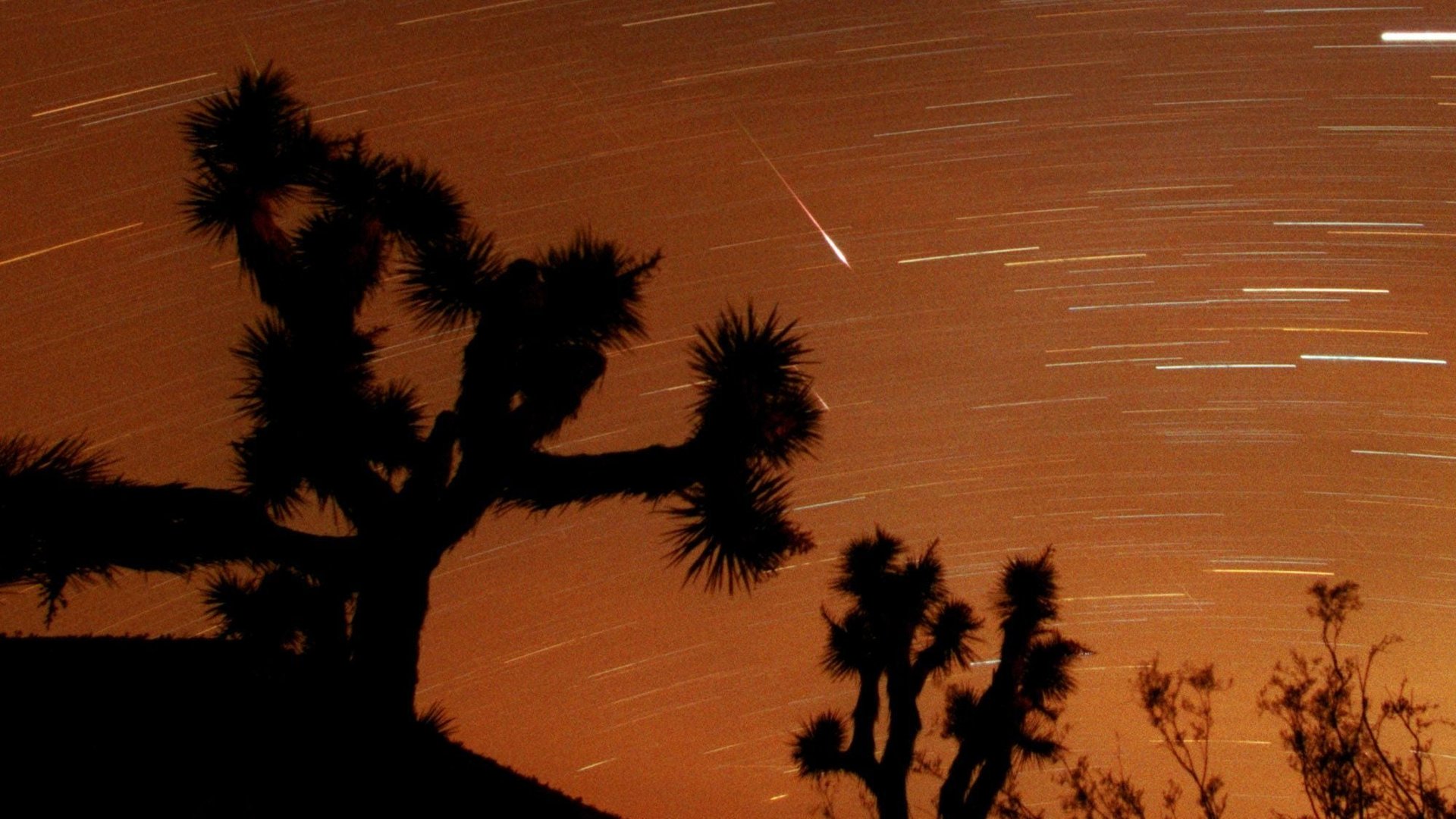How to watch this weekend’s Leonid meteor shower
Every November, when the Earth crosses paths with the comet Temple-Tuttle, we’re treated to the Leonid meteor shower. As bits of debris from the comet enter our atmosphere, they burn up and emit light, which we see as shooting stars.


Every November, when the Earth crosses paths with the comet Temple-Tuttle, we’re treated to the Leonid meteor shower. As bits of debris from the comet enter our atmosphere, they burn up and emit light, which we see as shooting stars.
The peak of this year’s Leonids, when experts predict you’ll be able to see around 15 meteors an hour, is this weekend: Saturday, November 17 and Sunday, November 18. Shooting stars should be visible during the nighttime in both hemispheres.
Here are some tips to make the most of your Leonids experience:
Check the weather first
Nothing’s worse than trekking out to your stargazing spot, only to discover all you can see are clouds. Be sure to check your local forecast before stepping out.
If you’re in the US, AccuWeather meteorologists have predicted that southeastern US (Florida, Georgia, Alabama, Mississippi, the Carolinas, and part of Louisiana) and parts of the central North and West (the Dakotas, Montana, Idaho, Nevada, Arizona) are forecasted to get great views, whereas much of the East Coast and Midwest may see only rain and snow instead. It looks like storms are predicted across southeast Asia, the Middle East, and the Balkans over the weekend as well, so keep an eye on your local weather report.
Avoid moonlight
To find the darkest sky possible, plan to head out after the moon has set, which will be roughly after midnight across the US.
Find a dark viewing spot
City lights and street lamps can obscure the faint glow of shooting stars, so spend a bit of time thinking about your ideal spot. Is there an unlit rooftop or park you’d feel safe watching from? If you happen to be close to one of the spots EarthSky recommends for stargazing, that’s sure to be a good bet, or you can consult Darksite Finder’s light-pollution map.
Don’t look at your phone
Obviously, you want to be looking at the sky, not checking Instagram. But there’s another reason to avoid looking at the bright light of your phone: it can take up to 30 minutes for your eyes to adjust to the dark, and checking your phone disrupts your night vision.
Happy stargazing!